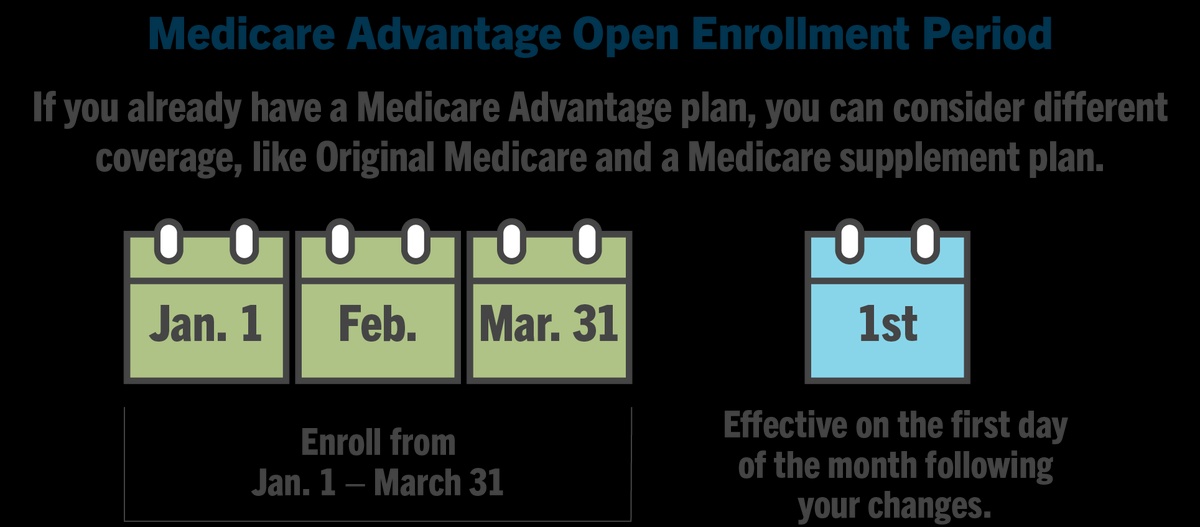Open Enrollment Periods (OEP) and Annual Enrollment Periods (AEP) play a significant role in the healthcare industry, providing individuals with opportunities to review and make changes to their health insurance coverage. Access Health Care Physicians, LLC recognizes the importance of these enrollment periods and aims to educate and guide patients through the process. In this article, we explore OEP and AEP, their differences, and how they impact healthcare consumers.
1. Open Enrollment Period (OEP):
The Open Enrollment Period is a specific timeframe when individuals can enroll in or make changes to their health insurance plans. OEP typically occurs once a year and allows individuals who do not have access to employer-sponsored insurance or other qualifying events to obtain coverage. During OEP, individuals can explore different health insurance options, compare plans, and select the one that best fits their healthcare needs and budget. OEP is an opportunity for individuals to ensure they have adequate coverage for the upcoming year.
2. Annual Enrollment Period (AEP):
The Annual Enrollment Period is a distinct period during which individuals who are already enrolled in Medicare can make changes to their Medicare Advantage (Part C) and Medicare Prescription Drug (Part D) plans. AEP takes place annually, from October 15th to December 7th. During this period, Medicare beneficiaries can switch between Original Medicare and Medicare Advantage plans, change or add prescription drug coverage, or join or drop Medicare Part D plans. AEP provides an opportunity for Medicare beneficiaries to review their healthcare needs and make adjustments to their coverage accordingly.
3. Differences between OEP and AEP:
The primary difference between OEP and AEP lies in the target audience and the type of coverage they involve. OEP is focused on individuals who are not covered by employer-sponsored insurance and allows them to explore and enroll in individual health insurance plans. On the other hand, AEP is specifically designed for individuals who are already enrolled in Medicare and offers them the chance to modify their Medicare Advantage and Medicare Prescription Drug plans.
Another difference is the timing of these enrollment periods. OEP typically occurs once a year, and the specific dates may vary depending on the healthcare marketplace or state regulations. AEP, on the other hand, takes place annually from October 15th to December 7th, providing a standardized timeframe for Medicare beneficiaries to make changes to their coverage.
4. Implications for Healthcare Consumers:
Understanding OEP and AEP is crucial for healthcare consumers, as these enrollment periods offer opportunities to review and optimize health insurance coverage. By actively participating in OEP, individuals without employer-sponsored insurance can ensure they have access to affordable and comprehensive healthcare coverage. They can explore different plans, compare benefits and costs, and choose the plan that aligns with their healthcare needs.
For Medicare beneficiaries, AEP allows them to re-evaluate their healthcare requirements and make changes to their coverage. This includes adjusting Medicare Advantage plans, adding or changing prescription drug coverage, or switching between Original Medicare and Medicare Advantage. AEP enables individuals to ensure that their Medicare coverage reflects their current healthcare needs and preferences.
Conclusion:
Open Enrollment Periods (OEP) and Annual Enrollment Periods (AEP) are critical timeframes for individuals to review, select, and modify their health insurance coverage. Access Health Care Physicians, LLC recognizes the significance of these enrollment periods and aims to guide and assist patients in making informed decisions about their healthcare coverage. By understanding the differences between OEP and AEP, healthcare consumers can navigate the enrollment process and secure the appropriate coverage for their unique healthcare needs.


No comments yet